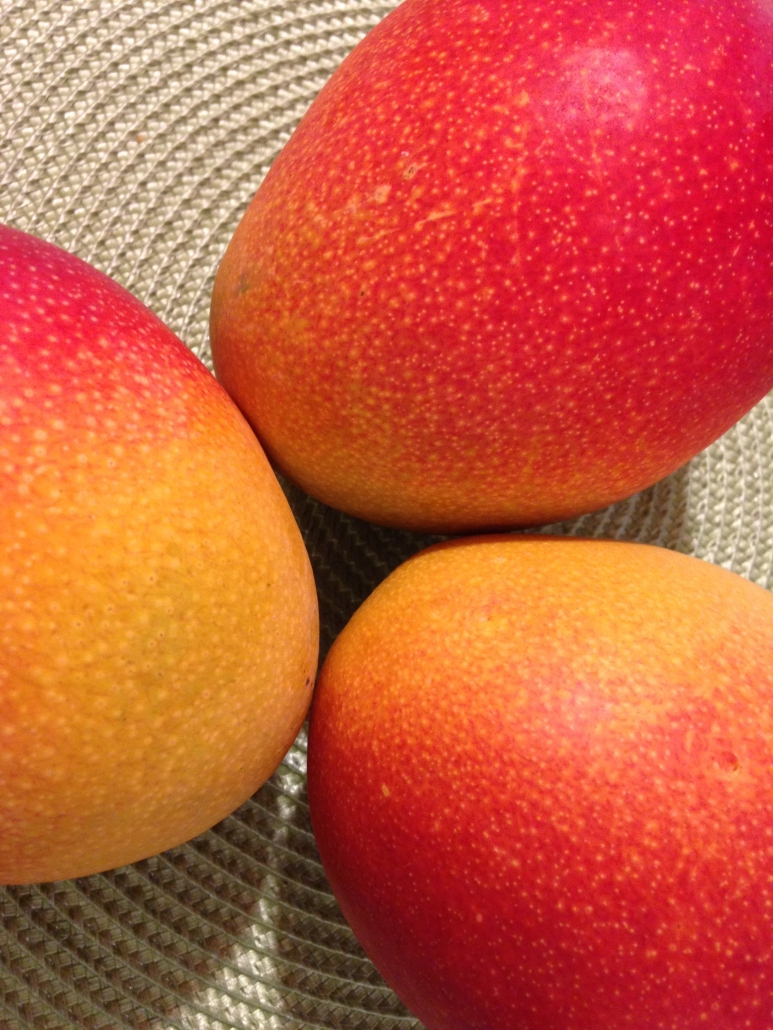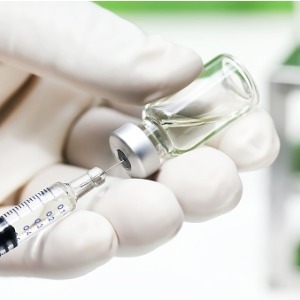5 Health Benefits Of Mango
Mango is known as the “King of Fruits” in several regions of the world, including India.
The fruit is indigenous to India and Southeast Asia, and it has been grown for over 4,000 years. There are hundreds of varieties of it, each with its own distinct flavor, shape, size, and color.
Mango is not only tasty, but it also has a high nutritional profile.
Here are the top 5 mango advantages, as well as a summary of its nutritional value and some suggestions for how to consume it.

Mango is low in calories
Mango has extremely little calories. One cup (165 grams) of fresh mango has less than 100 calories and a very low calorie density, which means it has little calories for the volume of food it offers.
In truth, the majority of fresh fruits and vegetables have a low calorie density. According to several research, eating fresh fruit like mango at the start of a meal will help you avoid overeating later in the meal.
As a result, a 1-cup (165-gram) portion of mango has less than 100 calories. Its low calorie density makes it an excellent choice if you want to cut calories while still feeling full and pleased.
However, take in mind that this may not be the case with dried mango.
High in beneficial plant based compounds
Mango is high in polyphenols, which are plant components that serve as antioxidants in the body. Over a dozen distinct varieties are concentrated in the flesh, skin, and even the kernel of this fruit. These are some examples:
- mangiferin
- catechins
- anthocyanins
- gallic acid
- kaempferol
- rhamnetin
- benzoic acid
Antioxidants are beneficial because they protect your cells from free radicals. These extremely reactive chemicals can cause cell harm. Free radical damage has been related to aging and chronic illnesses in studies.
Mango contains immune-boosting nutrients
Mango is high in immune-boosting minerals. One cup of fruit has 10% of your daily vitamin A requirements. A healthy immune system requires vitamin A. A lack of this vitamin has been related to an increased risk of infection.
Furthermore, 1 cup (165 grams) delivers roughly 75% of your daily vitamin C requirements. This vitamin can help your body generate more disease-fighting white blood cells, increase their function, and strengthen your skin’s defenses.
Mango also includes nutrients that may help with immunity, such as:
- Vitamin E, Folate, Copper
- A number of B vitamins

Promotes heart health
Mango includes elements that promote heart health.
It contains magnesium and potassium, which aid in the maintenance of healthy blood flow. These nutrients relax your blood vessels, resulting in decreased blood pressure.
Mangiferin, a powerful antioxidant found in mangoes, looks to be beneficial to heart health as well.
While these findings are encouraging, human research on mangiferin and heart health is still inadequate. As a result, additional research is required.
Versatile and easy to add to your diet
Mango is sweet, adaptable, and simple to incorporate into your diet. However, because of its tight skin and big pit, it may be difficult to cut.

Here’s one nice way to chop it:
- To remove the flesh from the pit, cut long vertical slices 1/4 inch (6 mm) out from the center while the skin is still on.
- Without breaking the skin, cut the flesh on each of these slices into a grid-like pattern.
- Scoop out the sliced meat from the skin.
Here are different ways to eat mango:
- Blend it into smoothies.
- It should be diced and mixed into the salsa.
- Combine it with a summer salad.
- Serve it sliced among other tropical fruits.
- Add it to quinoa salad, diced.
- It may be mixed with Greek yogurt or porridge.
- Grilled mango goes well with burgers and shellfish.
















1